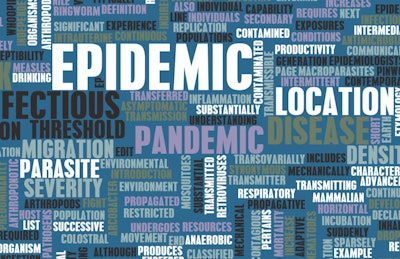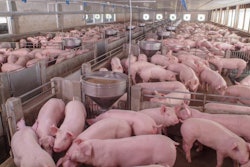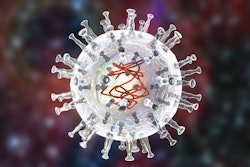
Global Health Security Index finds weaknesses in ability to prevent, detect and respond to disease epidemic or pandemic
An assessment of 195 countries has found that no country is fully prepared to handle a disease epidemic or pandemic such as African swine fever (ASF).
A joint project by the Nuclear Threat Initiative (NTI) and the Johns Hopkins Center for Health Security, with research by The Economist Intelligence Unit (EIU), the inaugural Global Health Security Index finds weaknesses in countries’ abilities to prevent, detect and respond to significant disease outbreaks. The average overall 2019 GHS Index score is 40.2 out of a possible score of 100. Even among the 60 high-income countries assessed, the average score is 51.9.
epidemic: affecting or tending to affect a disproportionately large number of individuals within a population, community or region at the same time
pandemic: occurring over a wide geographic area and affecting an exceptionally high proportion of the population
Source: Merriam-Webster Dictionary
“The results are alarming: All countries – at all income levels – have major gaps in their capabilities, and they aren’t sufficiently investing in biological preparedness,” said NTI Co-Chair and CEO Ernest J. Moniz. “The bottom line is that global biological risks are growing – in many cases faster than health systems, security, science and governments can keep up. We need to ensure that all countries are prepared to respond to these risks.”
As for ASF, “we are really facing a threat that is global,” OIE Director General Monique Eloit said in a recent Reuters report. “The risk exists for all countries, whether they are geographically close or geographically distant because there is a multitude of potential sources of contamination.”
She said outbreaks will continue before there is an improvement.
“In the short term, we are not going towards an improvement,” she said. “We will continue to have more outbreaks in the infected countries. Neighboring countries are at high risk and for some the question is when they will be infected.”
GHS Index recommendations
The GHS Index offers 33 recommendations for individual countries and for the international community, including:
- The UN Secretary-General should call a heads-of-state-level summit by 2021 on biological threats including a focus on financing and emergency response.
- New financing mechanisms should be established to fill preparedness gaps, such as a new multilateral global health security matching fund and expansion of World Bank International Development Association allocations to include preparedness.
- The UN Secretary-General should designate a permanent facilitator or unit for high-consequence biological events.
- Countries should test their health security capacities and publish after-action reviews, at least annually.
- Governments and donors should take into account countries’ political and security risk factors when supporting health security capacity development.
View our continuing coverage of the African swine fever outbreak.
















